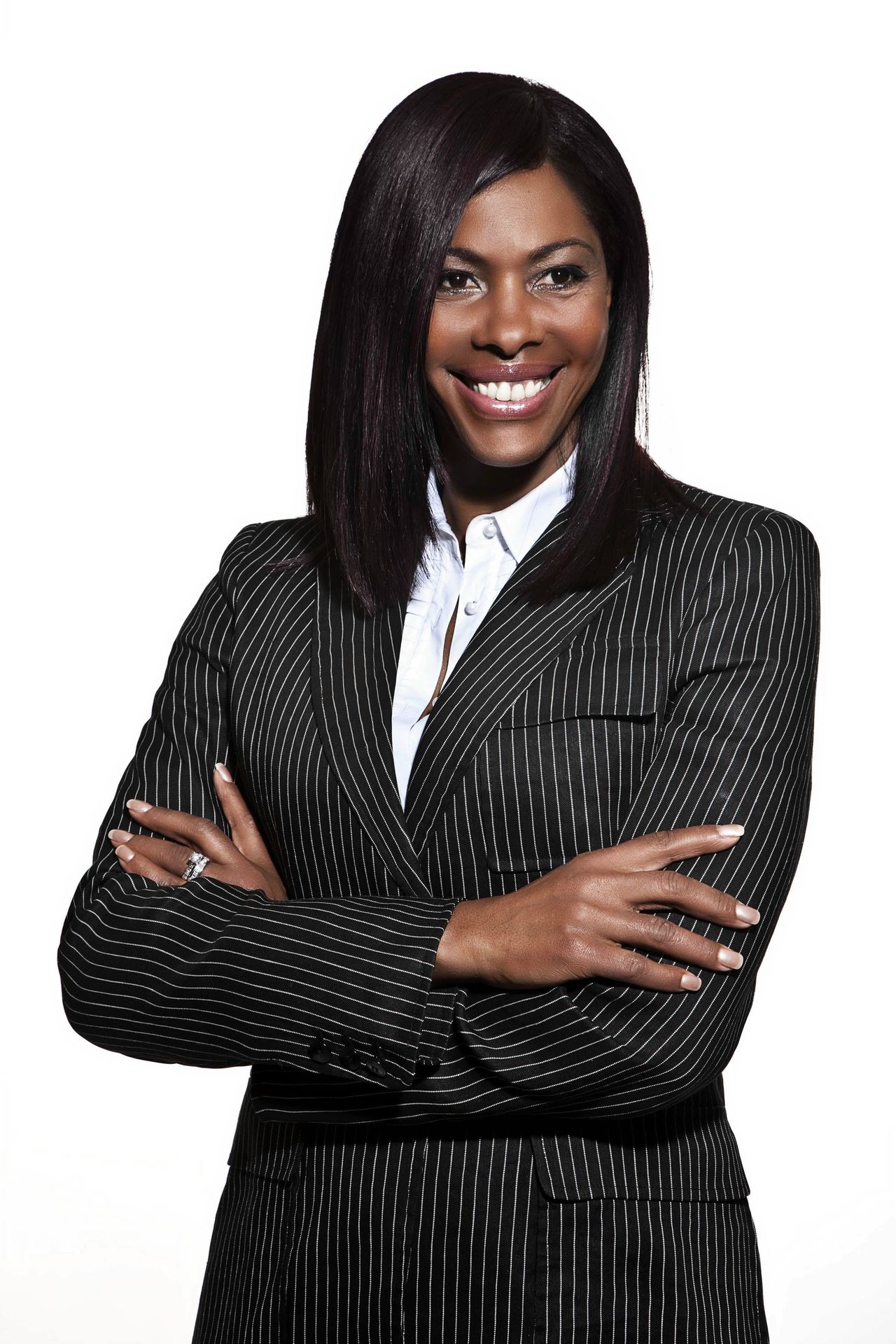Isn’t it fascinating how the right training can elevate something as simple as touch into an art form? As someone who has explored various wellness practices, I quickly discovered that massage therapy transcends common perceptions. It’s about diving deep into the intricacies of human anatomy, forging emotional connections with clients, and nurturing one’s intuition. The initial curiosity that drew me toward this field blossomed into a profound passion after I embarked on my professional training journey. I often find myself reminiscing about those first days in training and the foundational impact they had on my path.
During my time in school, I felt like a sponge, eager to absorb knowledge. Learning various techniques and exploring diverse modalities opened my eyes to the rich tapestry of traditions influencing massage therapy around the globe. From the gentle flow of Swedish massage to the energizing stretches of Thai therapy, each method offers a fresh perspective on healing. The stories shared by my instructors—many of whom had spent years honing their craft—resonated with me deeply. Their fervor ignited my enthusiasm and provided real-world applications that enriched our classroom lessons.
The critical element here is the structured approach that quality training provides. It isn’t merely about the ‘how,’ but also the ‘why’ behind every technique. For instance, understanding why particular movements relieve tension—grasping the anatomy of muscle groups or comprehending how energy flows through the body—equips you to make a meaningful impact in someone’s life. This knowledge not only empowers the therapist but also enhances the overall experience for clients.
Cultural Influences and Personal Stories
Reflecting on my childhood, I often remember my grandmother weaving together various healing traditions, where massage played a crucial role during family gatherings. She had a remarkable ability to transform simple occasions into holistic experiences—holiday celebrations infused with homemade remedies and a sense of community reinforced through shared stories. This profound connection and the support of those around me significantly shaped my perspective on healing. As I ventured into massage therapy, I aspired to cultivate a similar nurturing environment for my clients.
Throughout my professional training, I witnessed firsthand how cultural diversity enriches our therapeutic approach. Not long ago, I volunteered at a local wellness fair that showcased an array of massage styles—each booth a celebration of unique cultural traditions. The experience inspired deep conversations about how techniques like acupressure or aromatherapy intertwine with healing philosophies worldwide. Acknowledging and honoring these cultural influences not only enhances our practice but also encourages a more enriching dialogue among practitioners. How does your own background influence your interactions and experiences with others?
Incorporating elements from my grandmother’s teachings, I strive to create a space where clients can feel both safe and emotionally nurtured. Ultimately, the massage experience is rooted in connection—not just between the therapist and the client, but also within oneself. My training highlighted the importance of building trust, especially in settings as intimate as this one.
The Transformative Nature of Skill Development
Have you ever considered how mastering particular skills can transform a simple act into an impactful experience? Through my journey of professional development, I realized that learning techniques is merely the start. As I refined my craft, I discovered that continuous education—whether through advanced courses, workshops, or even informal discussions—keeps that initial passion alive. It’s akin to tending to a garden; the more you nurture it, the more it thrives.
With every new technique I learned—be it deep tissue work or the principles behind sports massage—I found innovative ways to connect with my clients. This ongoing journey of education helps ensure that we don’t just excel in our field; we become living narratives of resilience and healing. When was the last time you stepped outside your comfort zone to learn something new? Think about the doors that could open for you.
Moreover, engaging in self-care routines keeps us grounded and relatable. The more aware we are of our own needs, the more effectively we can serve those around us. Sharing our experiences within a supportive community fosters empathy, which greatly enhances the therapeutic experience for both client and therapist alike.
Emphasizing Ethics and Professionalism
Ethics. It’s a word that carries weight, yet it holds a crucial place in the realm of massage therapy. Through training, we navigate the subtle nuances of professional boundaries, the importance of consent, and how to foster a respectful environment for everyone involved. It’s empowering to learn how to advocate for our clients while ensuring they feel valued and safe.
Reflecting on my training days, I remember discussions stressing that ethical practice is just as vital as mastering techniques. The role of integrity in our professional relationships extends beyond mere interactions. People entrust us with their vulnerabilities, and that responsibility to uphold professionalism is both a privilege and an honor. In what ways do you think we can contribute to a respectful practice and an inclusive community?
By establishing a solid ethical framework, we lay the groundwork for lasting relationships founded on trust. This emphasis on professionalism reinforces our roles as therapists who are dedicated not only to healing but also to maintaining the integrity of our profession. Looking to deepen your knowledge on the subject? Explore this external source we’ve arranged for you, providing supplementary and pertinent details to broaden your grasp of the subject, 천안출장안마.
Discover more information in the related posts we’ve gathered for you:
simply click the following internet site



